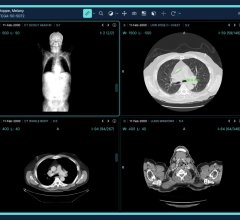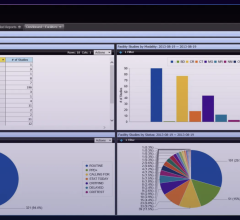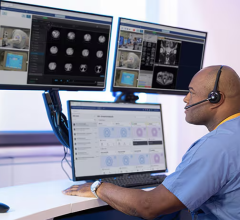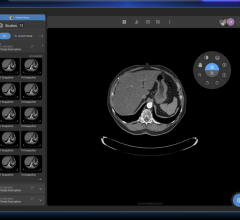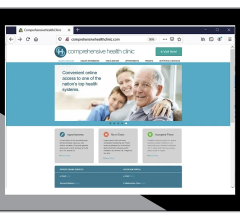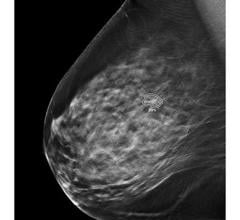
Teleradiology Solutions (TRS), a global leading telediagnostic delivery company, announced that during RSNA 2016, one of its Senior Radiologists, Anjali Agrawal, M.D., presented her paper titled “Inadequate Clinical Information in Emergency Radiology Consultations - Does it Really Affect the Error Rate or is it Merely a Bugbear?”
“The frustration of receiving inadequate clinical information during a referral is well known to any practicing radiologist,” said Agrawal. “We sought to determine if there was any correlation between the quality of clinical information and the types of errors in our emergency teleradiology practice.”
Among her findings, Agrawal discovered that detailed histories were surprisingly less frequent in cases without quality assurance (QA) than those with QA or error. Additionally, more history did not reduce the rates of obvious errors or any errors. The level of clinical information was not associated with any reduction in the proportion of significant error when compared to no error.
In conclusion, Agrawal claims it is likely that experienced radiologists do not require much clinical information to reach an accurate radiological diagnosis in the emergent setting with a relatively well defined mix of cases. Whether this is also true for radiologists-in-training or those in the early years of practice needs to be tested. Perceived inadequate clinical information by radiologists does not translate to increased rates of radiologic error, at least in an emergency radiology setting with experienced radiologists.
For more information: www.telradsol.com


 November 06, 2025
November 06, 2025 


